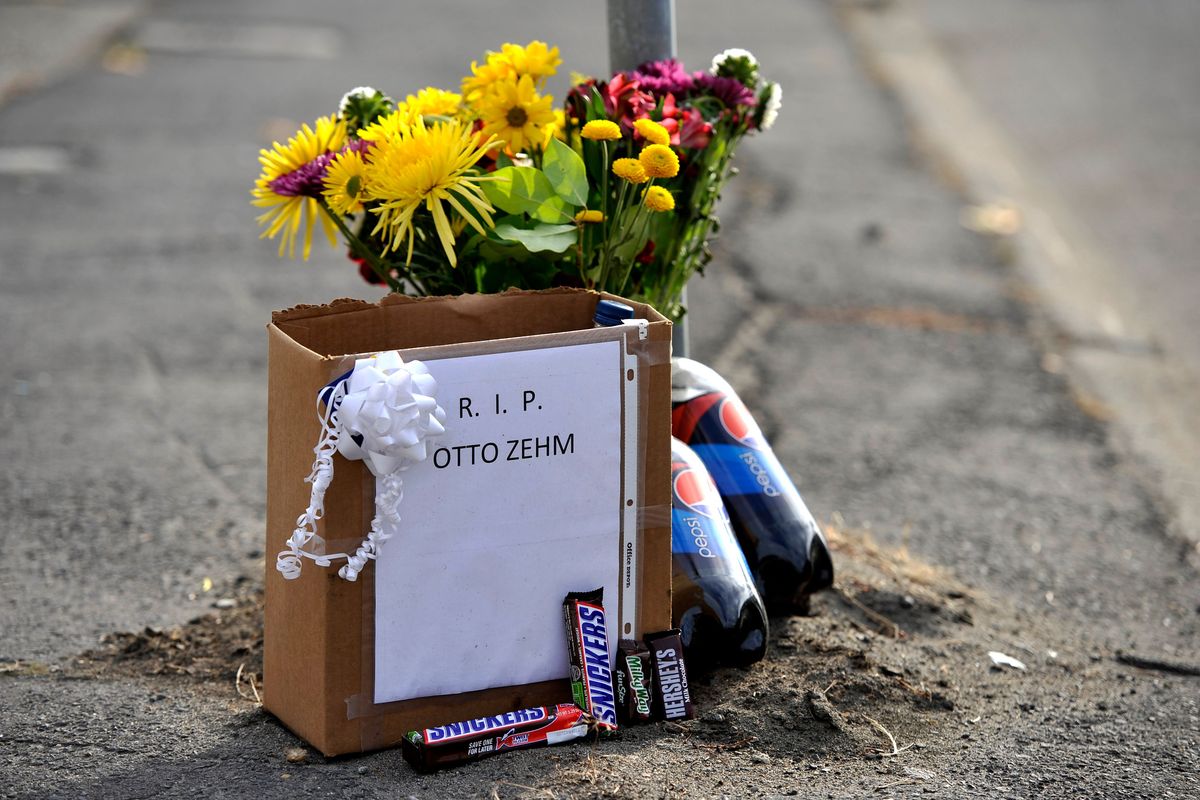People for Effective Government panel talks police reform years after Otto Zehm death

The Spokane Police Department has made significant improvements since a high-profile case of misconduct 15 years ago, but there’s still more criminal justice reform work left to do.
That was the consensus opinion of a panel of speakers brought together Wednesday by People for Effective Government, a nonpartisan Spokane group that strives to combat political polarization.
In March 2006, 36-year-old Otto Zehm died after he was beaten, shocked and hog-tied by police in a north Spokane Zip Trip. The incident began after Zehm, who was white, was erroneously suspected of stealing from an ATM. In 2011, Karl Thompson Jr., the first responding officer, was sentenced to 51 months in federal prison for using excessive force against Zehm and lying to investigators about the case.
The case sparked significant efforts at police reform in Spokane.
This week’s panel discussed how Spokane’s law enforcement agencies have changed since Zehm’s death.
Panelists included Spokane City Councilwoman Betsy Wilkerson; Bill Hyslop, who served as a U.S. Attorney in the George H.W. Bush and Donald Trump administrations; Spokane Police Chief Craig Meidl and Kurtis Robinson, vice president of the Spokane NAACP and executive director of I Did the Time, an organization that strives to reduce discrimination against formerly incarcerated people.
Meidl explained that the police department has made a long list of changes since 2006.
For instance, the department’s officers now wear body cameras, and the state has mandated hundreds of hours of additional training for new and existing officers.
Much of that training helps officers understand how to work with individuals experiencing mental illness. There’s a greater focus on de-escalation techniques and avoiding use of force as well, Meidl said.
Meidl also emphasized that his department has expanded its community outreach efforts. Those efforts include community meetings and sporting events with kids.
Wilkerson, who is Black, said the police department has made strides since Zehm’s death, but more needs to be done to combat racial bias in policing.
“I know everyone wants to get over it and move on,” Wilkerson said. “When dealing with trauma, that’s not how we are healed. People need a voice to express that trauma.”
Hyslop said as police departments continue to work on reform, officers still deserve the community’s respect. He said he can’t think of a profession that’s more difficult or stressful than being a cop.
“I encourage the viewers and listeners tonight to thank the police,” Hyslop said. “They need to know they have our support.”
He also said nationally publicized examples of police killings in recent years are not representative of the profession as a whole.
“Yes, every once in a while there’s going to be a bad cop,” Hyslop said. “But 99.999% of the officers onv the Spokane Police Department, where I have the most experience, want to do the very best that they can.”
Meidl said that growing anti-police sentiment in the general public is making it harder for officers to do their jobs. He said in the face of intense animosity, officers are less inclined to interact with community members. That makes them less effective, Meidl said.
He described how he recently saw a Black mother with her young son, and waved at them, trying to be friendly. In response, he got a glare.
“It sounds trivial,” Meidl said. “(But) those small things, they add up.”
Robinson said it’s important to remember the reason behind those glares. The police have been discriminating against people of color for decades or centuries, and law enforcement needs to do more to earn the community’s trust, he said. People of color aren’t antagonistic toward police without a reason, he said; they’re antagonistic because for generations they’ve had good reason to fear law enforcement.
“We turn on the media and we’re seeing our Black and Brown people gunned down at will,” Robinson said, adding that officers are rarely strongly disciplined after shooting people of color.
Robinson noted that Meidl has on multiple occasions attempted to discipline his officers for improper conduct, but those attempts are often blocked by the Spokane Police Guild.
Wilkerson said there’s no room in the police department for even a few bad apples.
“It’s not every officer,” she said. “But for the few that it is, it’s just stymieing the growth in our community.”